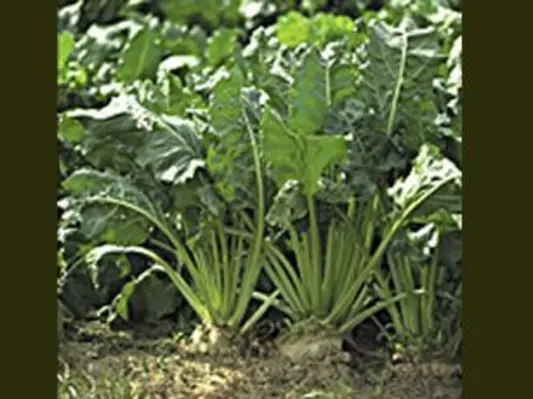BASF Plant Science and KWS SAAT AG have announced that they are to collaborate to develop high-yielding sugar beet. The objectives for the long-term plant biotechnology project are to develop sugar beet varieties for the global market with higher sugar and energy yields as well as greater drought tolerance. The partners aim to bring the new varieties with 15 per cent higher yields to the market from 2020 onwards.
Dr. Peter Hofmann, head of the sugar beet division at KWS, said, "We are aiming for increased yields of 15 per cent, which will make the cultivation of sugar beet considerably more competitive and enable farmers to enjoy further cost benefits. As a result, yields of 20 tons of sugar per hectare will become standard.”
Marc Ehrhardt, group vice president at BASF Plant Science said, "We want to combine the best genetic traits with the best germplasm in each crop. This will allow farmers around the world to benefit from high-yielding varieties and thus gain efficiency.”
Through the agreement, BASF Plant Science is expanding its biotechnology work into the sugar beet industry. KWS is a leading global company in plant breeding and a market leader in sugar beet seed. Last year, the company achieved a market share of 70 per cent in North America with genetically improved herbicide resistant sugar beet varieties.
BASF's validated yield genes and vast plant biotechnology knowledge will combine with the experience of KWS in sugar beet breeding through conventional and biotechnological methods. Financial details of the collaboration were not disclosed.




